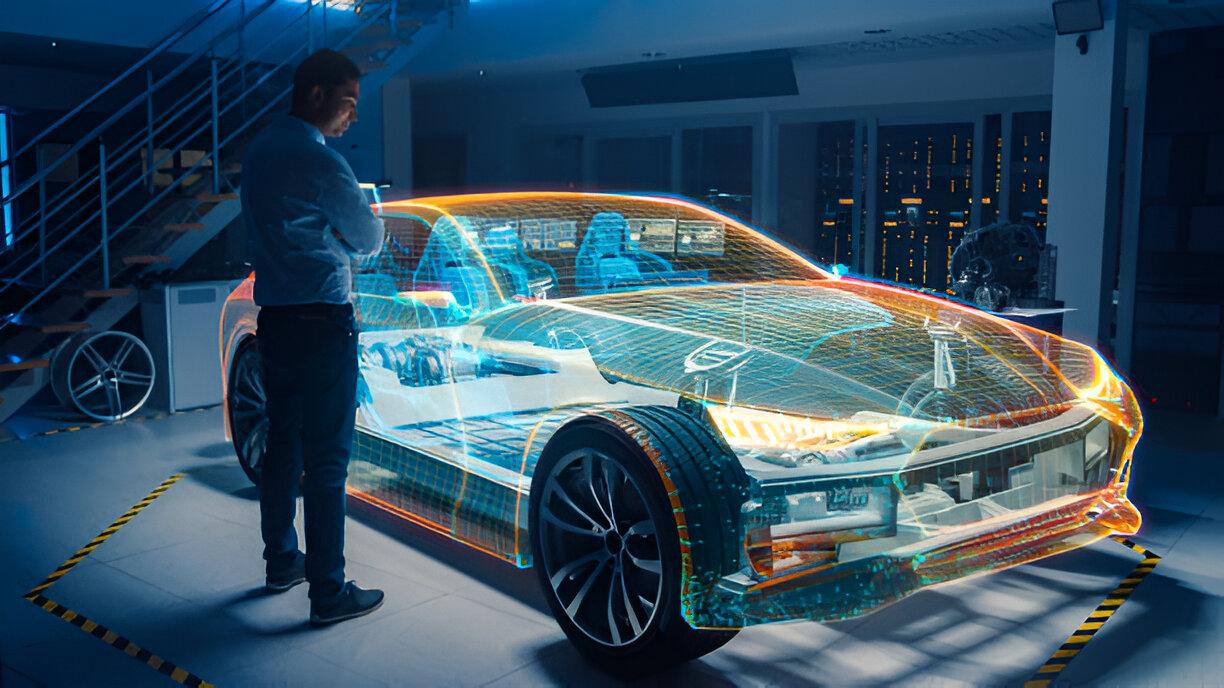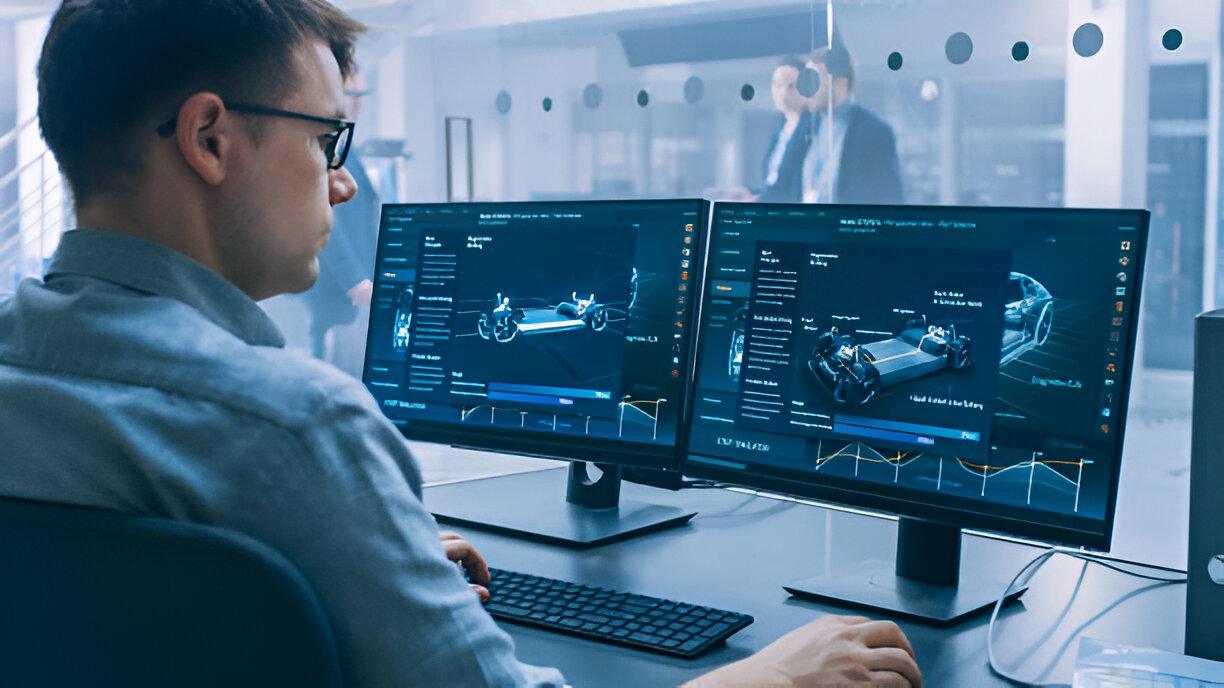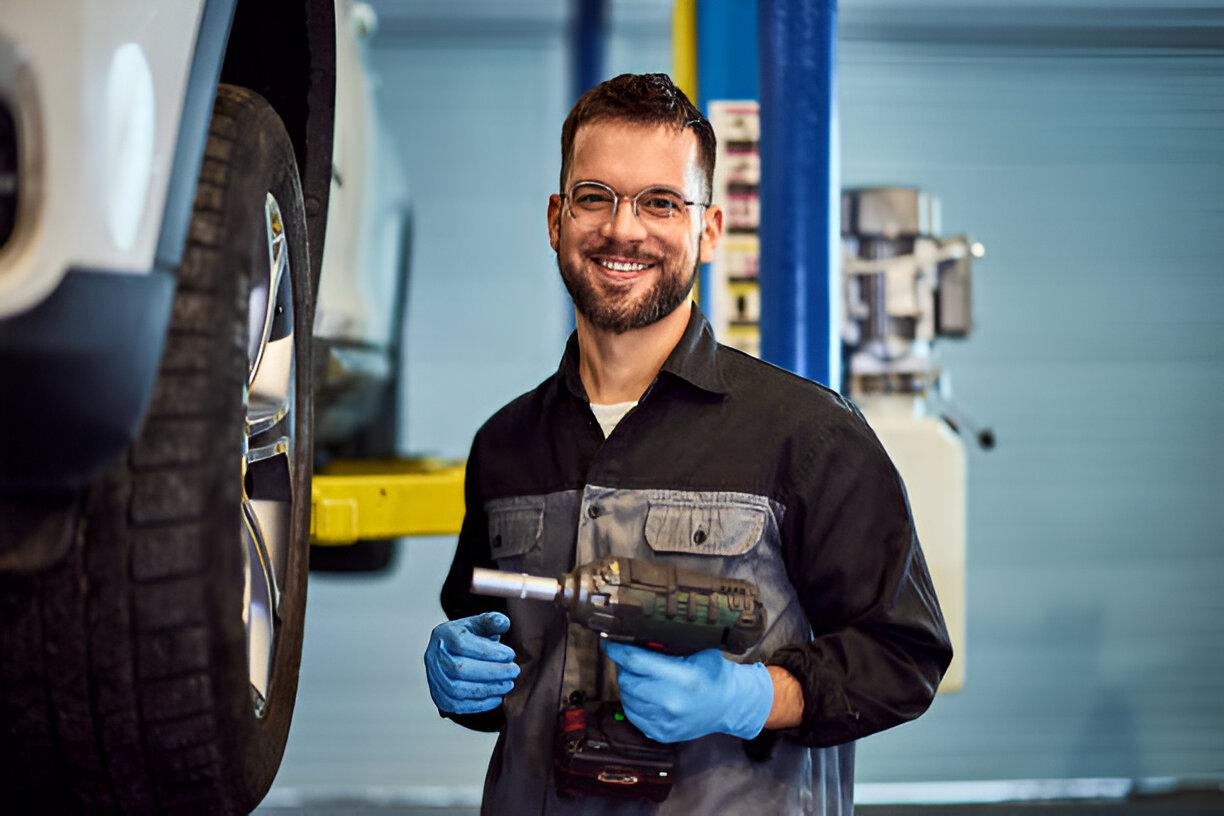The automotive industry is one of the largest and most dynamic sectors globally, offering a wide range of job opportunities for people with diverse skills and interests. As the industry evolves with advances in technology, sustainability efforts, and changes in consumer behavior, new roles are emerging alongside traditional ones. From engineering to sales, design to manufacturing, the auto industry provides many career paths for those passionate about automobiles, innovation, and mobility.
In this article, we’ll explore some of the key jobs in the automotive industry, the skills they require, and how the industry is changing in the face of new technologies like electric vehicles (EVs) and autonomous driving.
1. Automotive Engineer
One of the most sought-after roles in the automotive sector is that of an automotive engineer. These professionals are responsible for designing, developing, and testing vehicles and their components. Automotive engineers often specialize in areas such as mechanical systems, electronics, software development, or safety features.
Key Skills:
- Strong knowledge of engineering principles
- Proficiency in CAD (Computer-Aided Design) software
- Problem-solving and critical-thinking abilities
- Understanding of new technologies like electric vehicles and autonomous systems
With the shift toward electric vehicles (EVs) and autonomous driving, automotive engineers must be well-versed in new technologies, including battery systems, electric drivetrains, and AI-driven software.
2. Automotive Designer
Automotive designers are responsible for the aesthetic and functional design of vehicles. They create the exterior and interior look and feel of cars, focusing on comfort, safety, usability, and appeal. Designers must balance creativity with practicality, working closely with engineers to ensure that their concepts can be produced.
Key Skills:
- Strong understanding of design principles
- Knowledge of 3D modeling software
- Creativity and attention to detail
- Collaboration and communication with engineering teams
With consumer demand for unique, personalized vehicles growing, and the push for eco-friendly design, automotive designers are playing an increasingly critical role in shaping the future of cars.
3. Automotive Technician/Mechanic
Automotive technicians and mechanics are the backbone of the service and maintenance side of the industry. They diagnose and repair vehicles, ensuring that they operate safely and efficiently. With the rise of EVs and complex software systems in modern vehicles, technicians need to be knowledgeable not just in traditional mechanics but also in electronics and computer systems.
Key Skills:
- Expertise in vehicle diagnostics and repair
- Familiarity with automotive electrical systems
- Ability to use diagnostic equipment and software
- Strong mechanical skills and manual dexterity
As the automotive industry becomes more technologically advanced, mechanics and technicians will need continuous training to keep up with new developments in EVs and connected car technologies.
4. Automotive Sales and Marketing
Sales and marketing professionals in the automotive industry are responsible for promoting vehicles and related products, helping customers make informed decisions, and driving revenue for manufacturers and dealerships. Sales roles may involve working directly with customers in dealerships, while marketing professionals focus on brand promotion, advertising, and market research.
Key Skills:
- Excellent communication and interpersonal skills
- Strong knowledge of automotive products and features
- Ability to build relationships with customers
- Data analysis and marketing strategy development
With the increasing importance of online sales platforms and digital marketing, the automotive sales landscape is rapidly evolving. Professionals who understand digital marketing tools and online consumer behavior will have a competitive edge.
5. Automotive Electrician
Automotive electricians specialize in the electrical systems within vehicles. As modern cars are equipped with increasingly complex electronics, the role of automotive electricians has expanded to include working with advanced safety features, infotainment systems, and hybrid/electric vehicle components.
Key Skills:
- Proficiency in electrical systems and circuitry
- Knowledge of vehicle computer systems and software
- Ability to read and interpret technical diagrams
- Problem-solving and diagnostic skills
The rise of electric vehicles means automotive electricians must stay updated on the latest battery technology, charging systems, and EV-specific components.
6. Quality Control Inspector
Quality control inspectors ensure that vehicles and their components meet industry standards and regulations. They inspect vehicles during and after the production process, identifying defects and recommending improvements. Their work is critical in maintaining the safety and reliability of vehicles.
Key Skills:
- Strong attention to detail
- Knowledge of manufacturing processes and standards
- Ability to interpret blueprints and technical drawings
- Analytical skills and the ability to work under pressure
As automotive manufacturing adopts advanced technologies like automation and robotics, quality control inspectors must be familiar with these systems to ensure that they meet the high standards required in the industry.
7. Supply Chain and Logistics Manager
Automotive supply chain and logistics managers are responsible for ensuring that all parts and materials are sourced, transported, and delivered efficiently. They coordinate between suppliers, manufacturers, and dealers, managing complex global supply chains. As the industry faces challenges such as shortages in key materials (e.g., semiconductors), the role of supply chain managers has become even more crucial.
Key Skills:
- Excellent organizational and project management abilities
- Knowledge of supply chain software and processes
- Problem-solving skills and ability to handle disruptions
- Strong negotiation and communication skills
With sustainability becoming a focus in the automotive industry, logistics managers must also consider the environmental impact of their supply chains, making roles that focus on green logistics increasingly important.
8. Autonomous Vehicle Specialist
Autonomous vehicle specialists work on the cutting-edge of technology, developing systems that enable self-driving cars to navigate, make decisions, and ensure passenger safety. These roles span a variety of disciplines, including software engineering, robotics, machine learning, and sensor technology.
Key Skills:
- Expertise in AI, machine learning, and robotics
- Proficiency in software development, especially in languages like Python and C++
- Strong understanding of sensor technology (e.g., LIDAR, radar)
- Problem-solving skills and innovation mindset
As self-driving cars move closer to becoming a reality, roles in this field are expected to grow rapidly, offering exciting opportunities for tech-savvy professionals.
The automotive industry is an exciting and fast-paced field with a wide range of career opportunities. Whether you’re passionate about engineering, design, technology, or customer service, there’s likely a role in the auto industry that suits your skills and interests. As the industry continues to evolve with advancements in electric vehicles, autonomous driving, and smart technology, professionals will need to stay adaptable and embrace continuous learning to remain competitive.
This industry offers not only traditional roles but also emerging careers shaped by innovation, making it an exciting field for anyone looking to drive forward their career in a dynamic and future-focused environment.







